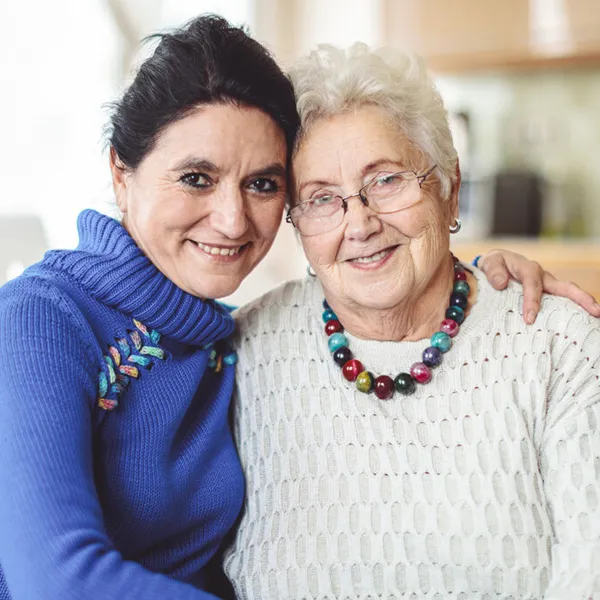
Your Gift Can Make 2x the Impact
Your Gift Can Make 2x the Impact
A gift can go twice as far during our February $100,000 2x Match. Your contribution by Feb. 27 will fuel Alzheimer’s research and help provide essential care and support.
Donate NowCan Certain Healthy Habits Throughout Each Stage of Life Reduce Risk of Dementia?
As scientists across the globe continue to explore methods to prevent Alzheimer's and other dementia, research that came out of the 2020 Alzheimer's Association International Conference (AAIC) — the largest and most influential international meeting dedicated to advancing dementia science — shows that some healthy habits in adolescence may pay off later, possibly reducing the risk of dementia later in life.
While some risk factors — such as age and genetics — can't be changed, evidence suggests there may be other factors we can influence. Updated findings by The Lancet Commission on Dementia Prevention provide insight into how factors throughout a person’s life-span may impact a person’s risk of developing Alzheimer’s or dementia later in life.
Several weeks ago, The Lancet Commission expanded their recommendations to include three additional risk factors, including:
- Traumatic brain injury
- Higher alcohol consumption
- Air pollution
- Early life: Education to a maximum of age 15.
- Mid-life: Hypertension; Obesity; Hearing loss.
- Late life: Depression; Diabetes; Physical inactivity; Smoking; Low social contact.
What we don’t know yet are the exact recommendations for what lifestyle interventions, or in what combination, may be the most beneficial for our cognition. Under the direction of our chief science officer Maria C. Carrillo, Ph.D., and researchers at Wake Forest School of Medicine, UC Davis School of Medicine and Karolinska Institutet, the U.S. POINTER study is designed to help evaluate lifestyle interventions in an evidence-based way that may protect cognitive function. The two-year clinical trial is the first such study to be conducted in a large group of Americans across the United States.
U.S. POINTER joins other similar efforts happening around the globe, including that of World Wide FINGERS (WW-FINGERS), a collaborative network which allows for data sharing and the planning of joint global initiatives to reduce the risk of cognitive impairment or dementia.
As we continue to work and align with researchers globally, we look forward to more study results that will allow us to move closer to our ultimate goal: a world without Alzheimer’s disease and all other dementia.
As the largest non-profit funder of Alzheimer’s and dementia research, the Alzheimer’s Association leads, convenes and accelerates research in order to create a world without Alzheimer’s and all other dementia.
We want to hear from you. Which Alzheimer’s and dementia risk factors are you most interested in learning more about? Tell us in the comments.
Related articles:
Causes and Risk Factors
Stay Physically Active
Adopt a Healthy Diet
Stay Mentally and Socially Active
